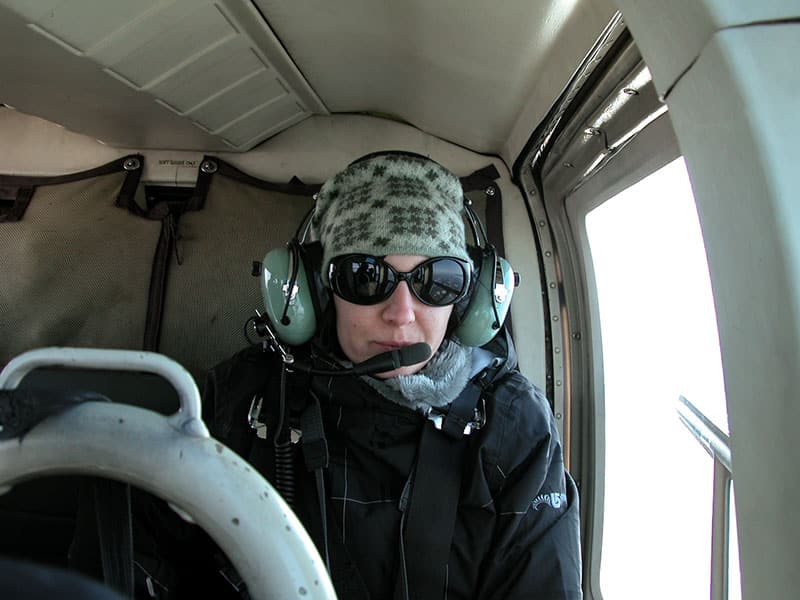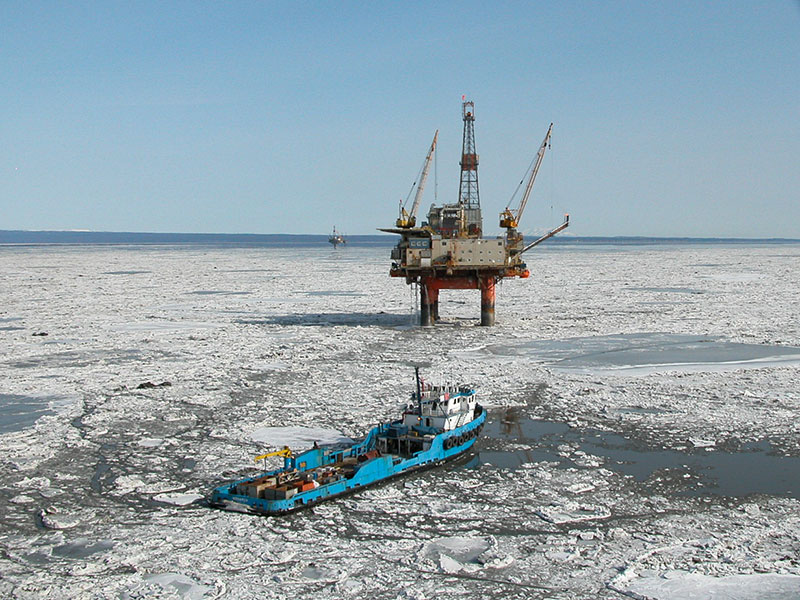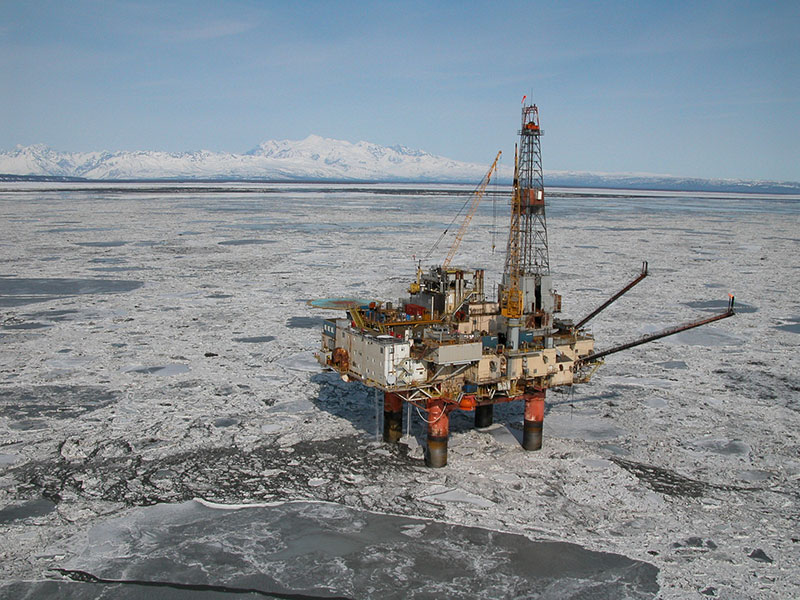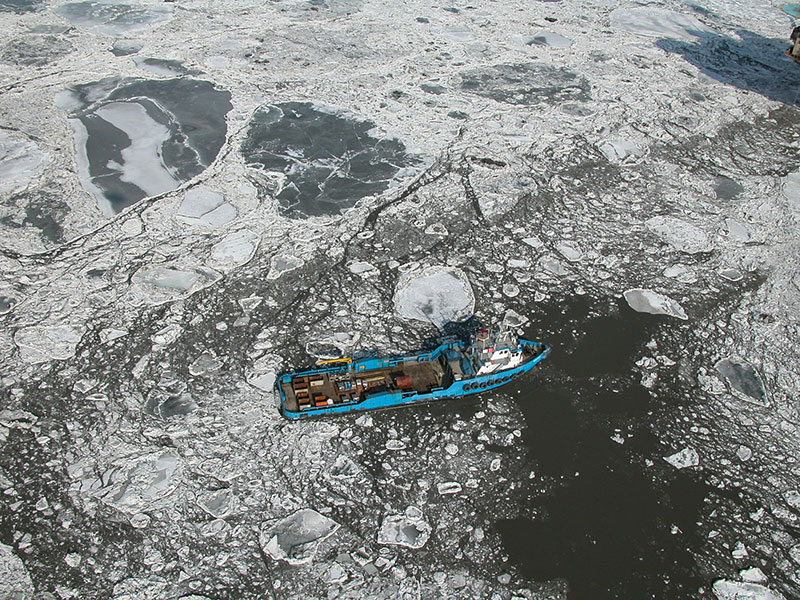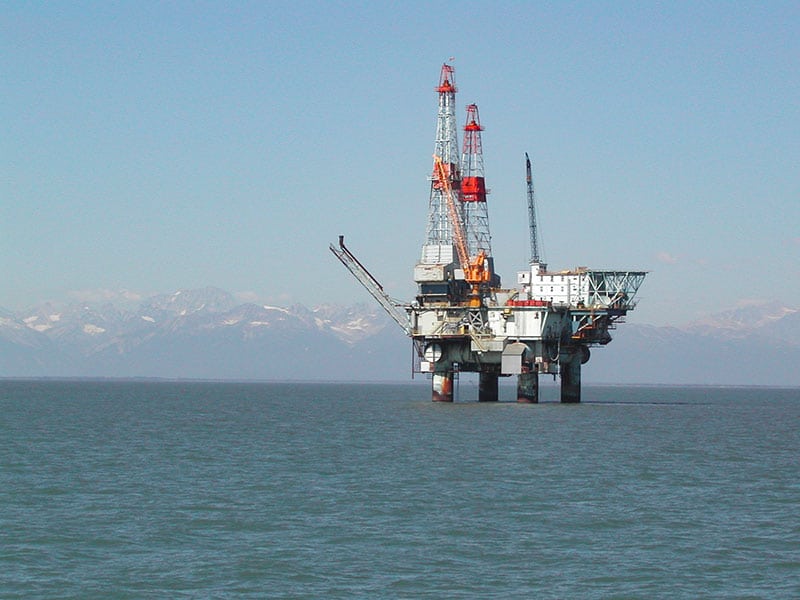The focus of the Prevention and Response Program is to concentrate efforts in developing work plans, projects and studies to minimize the risk of oil discharge into Cook Inlet. Many of these projects and studies are collaborative efforts between citizens, regulatory groups, special interest groups, and industry.
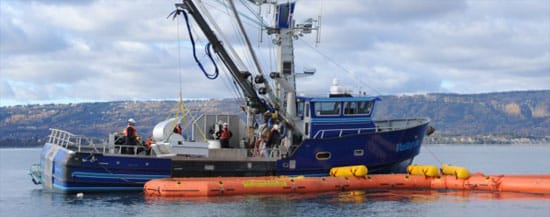
Section 5002 of the Oil Pollution of 1990 details the formation and mandates of a committee for oil spill prevention, safety and emergency response. CIRCAC subsequently formed the PROPS (Prevention, Response, Operations and Safety) Committee to address those mandates.
The PROPS Committee focuses on projects and studies that provide a basis for recommendations aimed at minimizing oil spill risk in Cook Inlet. The committee also reviews and monitors spill response efforts and developments in best available technology.
As an advisor to the Board of Directors, the Committee works with staff to formulate recommendations on salient issues and to facilitate communications among citizens, regulatory groups, special interest groups, and industry.
Cook Inlet RCAC programs in pollution prevention such as the geographic response strategies (GRS), leverage expertise among a variety of stakeholders. Similarly the Marine Firefighting and Salvage Plan workgroup pools expertise from Cook Inlet RCAC, the US Coast Guard, Cook Inlet fire departments and the dock/facility fire teams to inventory regional capabilities, identify areas for improvement, develop a means to address identified shortfalls and, finally, develop a comprehensive plan for Cook Inlet.
These and other programs benefit citizens as they improve the safe operations of oil facilities in the Cook Inlet region.
Provide guidance for oil spill prevention, response and planning.
Monitor, evaluate, and make recommendations on marine firefighting procedures.
Decrease response time by streamlining permitting procedures.
Ensure the public is informed and represented during oil spill prevention activities and potential or actual oil discharges into Cook Inlet.
Emphasize oil spill prevention.
5002 (f ) (1) TECHNICAL OIL SPILL COMMITTEE…assess measures designed to prevent oil spills and the planning and preparedness for responding to, containing, cleaning up, and mitigating impacts of spills.
5002 (f ) (2) Duties – In fulfilling its responsibilities…
(C) study wind and water and other environmental factors in the vicinity of the terminal facilities which may affect the ability to prevent, respond to, contain and cleanup an oil spill.
- Best Available Technology
- Geographic Response Strategies
- Ice Forecasting Network of Cameras
- Kodiak Marine Firefighting Project
- Dismantlement, Removal and Restoration
- Permits, Forms and Applications
- Ports Of Safe Refuge
- Drift River Oil Terminal
Council Position Paper - Final Independent Report
- Hilcorp Alaska Presentation
- US Coast Guard Commendation
- Oil Spill Response and Drills
- Drills and Exercises





